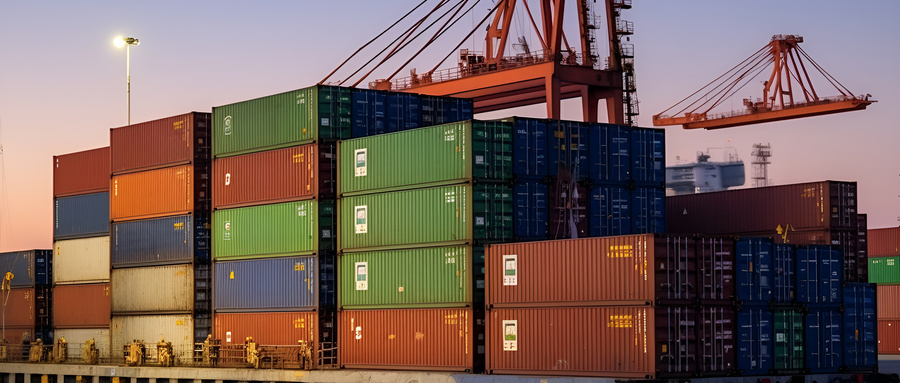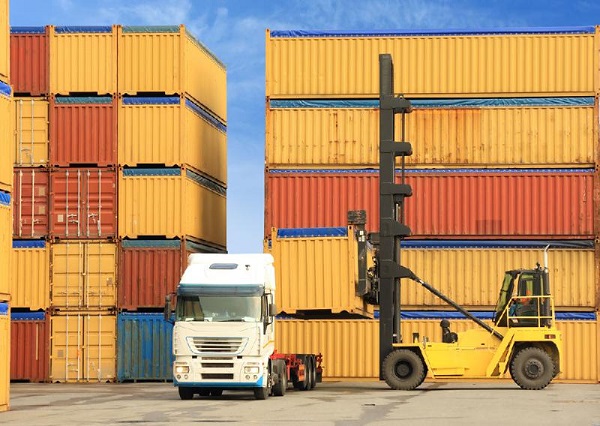 +86-021-61406313
+86-021-61406313



LCL (Less than Container Load), which is what we usually call LCL, refers to the operation that when the export cargo of a single customer is not enough to fill up a container, its cargo will be loaded into a container together with other customers' cargoes for shipment.
Freight for LCL cargo is calculated by volume or weight, and the unit price varies according to different routes, items and ports.
LCL meets the customer's demand for small-lot and diversified cargo shipment, can effectively reduce the shipper's transport costs, and has its own advantages compared with full container transport. However, in practice, because LCL involves multiple customers, there may be certain risks in the frequent loading and unloading process.
1️⃣ Delivery delay risk
Because the LCL operation needs to wait for the goods of multiple customers to be ready before loading and shipping, during this period, as long as there is a customer's goods can not be delivered on time, it will lead to the delay of the entire container shipment of goods, resulting in the risk of breach of contract of the trade contract.
2️⃣ Cargo security
As a result of multiple customers with a container, in the process of loading and unloading goods for many times, it is inevitable to cause damage to the goods, and even cause the goods to be confused with each other, resulting in a series of subsequent problems.
3️⃣Port transit problems
For the need to transit LCL goods, but also involves a series of operations in the port of transit, if there is port congestion in the port of transit, poor flow of goods, etc., will inevitably cause subsequent delivery delays.
4️⃣ Information communication risk
Each cargo owner for export cargo transport requirements, hope that the delivery time and other information may be different. In the process of communication and co-ordination between the forwarder and these owners, if the information is not conveyed timely or accurately, it may have an impact on the transport of the whole container of goods.
5️⃣ Cargo information error risk
Due to the variety of LCL goods, if the volume and weight of some goods are recorded incorrectly during loading and unloading, it may lead to other goods not being able to enter the container smoothly, and it is necessary to re-adjust the position of the goods or replace the container, which will inevitably lead to the delay of shipment.
6️⃣ Customs inspection risk
LCL involves a variety of goods, and the customs inspection rate is relatively high. Although the customs may only require the inspection of a certain type of goods in the container, the shipment of other goods will also be affected, and when the customs are focusing on the inspection, other goods can only wait.
7️⃣Port Cost Disputes
Different cargo owners may have disputes about the way of bearing some extra costs in the port of destination, such as how to share the cost of storage, unpacking costs, etc., according to the volume or weight, or some other way? These details, if not clarified in advance, will also have an impact on the subsequent delivery of goods.
In short, in order to avoid all kinds of risks in the process of LCL, we should do a good job of communication before LCL, and determine a reliable forwarder who is familiar with the whole set of LCL process to carry out the cooperation, so as to ensure the smooth fulfilment of the trade contract.






